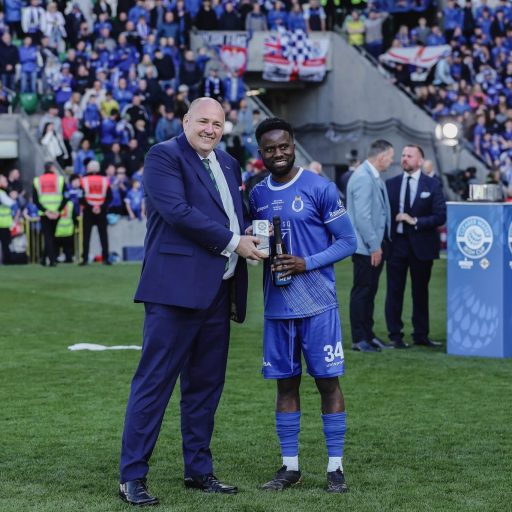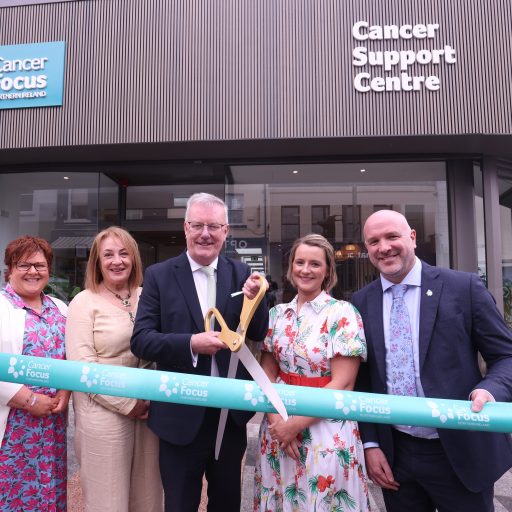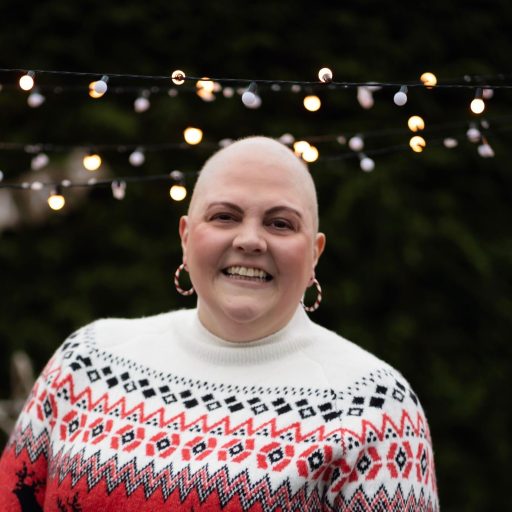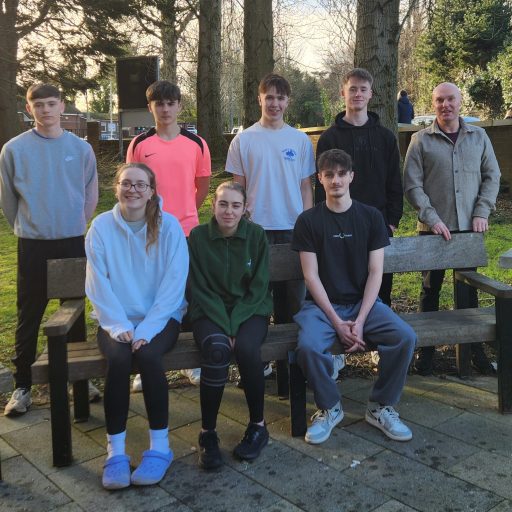
Time is running out for cancer patients, and “waiting time statistics are only part of the story”, says Cancer Focus Northern Ireland
The latest NI Cancer Waiting Times Statistics, published this morning from the NI Department of Health, show continued delays in cancer treatments across the board.
Covering patients accessing cancer services at hospitals in Northern Ireland from July to September 2023, the data shows that of the 2,773 cancer patients who started their first definitive treatment, 87.9% started the treatment within 31 days of a decision to treat (target: 98%); that of the 1,357 cancer patients starting treatment following urgent GP referral for suspect cancer, 34% started treatment within 62 days of the referral (target: 95%); and that of the 3,323 patients seen by a breast cancer specialist following urgent referral for breast cancer, 52.9% were seen within 14 days of the referral (target: 100%). The latest figures continue a series of missed targets. That only 34% of patients started treatment within 62 days of urgent GP referral is particularly worrisome; not only does that represent significant delays to diagnosis and treatment for almost two thirds of those with urgent cancer referrals, but the statistic is the lowest on record for that target. Unfortunately, it has been a similar story for at least the last six quarters.
Local cancer charity Cancer Focus Northern Ireland warns that such delays endanger patients. “These waiting times are the latest in a series of concerning waiting times,” says Richard Spratt, Chief Executive of Cancer Focus Northern Ireland. “On an annualised basis, none of the waiting time targets have been met since at least 2012. We have these targets to help ensure that cancer patients get timely diagnoses and treatments to address their cancers as soon as possible. The earlier a cancer is detected, the better the outcome for the patient; delays can result in the cancer being more advanced, complicating treatments and creating health risks. It is really people behind these statistics, and there are approximately 37 people told that they have cancer every day in NI. It is important that they can trust prompt treatment as cancer concerns arise.”
Cancer Focus NI further cautions that the waiting times – though concerning in themselves – are not the full story, pointing to additional delays in pre-emptive care that prevent cancers from being caught earlier.
An NI audit report released in October revealed that over a quarter of the NI population was on some sort of care waiting list for elective healthcare, with half of those on the waiting list waiting for more than a year.

Richard Spratt, Chief Executive at Cancer Focus Northern Ireland
“Elective care is critical because it creates opportunity for cancer detection and treatment triage,” Richard continues. “Currently, a quarter of NI cancer diagnoses are made as a result of emergency presentations in A&E. A&E diagnoses usually indicate an urgent deterioration of health and often a late-stage diagnosis; in other words, the cancer was not caught earlier, as it might have been in a regular check-up or through timely diagnostic services in the elective care processes. The waiting list statistics ‘start the clock’ only after cancer referrals and decisions to treat. They ignore the wait up until a referral can be made, which can be after a patient has noticed symptoms and while the cancer is worsening. It is therefore also important to get timely access to GP appointments and screenings.”
Furthermore, the emphasis on trying to get through the waiting lists to see patients referred with suspected cancer can cause additional delays. For example, it could lead to delays in treatment outcome appointments and check-ups for those who have had a cancer diagnosis and treatment, which are important for follow-up and monitoring. Such delays can leave worrying symptoms of cancer recurrence unchecked, again causing great worry and distress to patients.

Kathy McAllister, bowel cancer patient and cancer rehab specialist
Kathy McAllister, a Stage 3 bowel cancer patient and cancer rehab specialist from Lisburn, explains: “There can be wide disparities in waiting times. On some occasions, they are very swift and great; on others, they are not. I recently had a lot of trouble getting seen for a routine post-cancer follow-up, even as I was actively experiencing symptoms indicative of a potential recurrence. It took six months of chasing after a months-overdue appointment for me to be seen, and I know others have had similar experiences. I need to trust that I can have my regular check-ups for peace-of-mind and to know that in case there was an issue, we would be able to catch it early – instead of letting it get to the later stages, which is what happened in my original diagnosis. This wait creates so much anxiety, not only for the person facing a potential diagnosis but for their loved ones as well. It is a wait to know if you will get a diagnosis, if you can get treatment, how that treatment will affect you, if you will live or die. Time is running out for cancer patients. When will we finally do something about these delays?”
Kathy continues: “I am concerned that the waiting times and care delays are indicative of inefficiencies in the cancer care system. We have a ten-year cancer strategy that identifies many issues and opportunities, but it still has not been fully implemented. I further suspect that there are additional blockages we could be doing more about. The waiting times statistics are likely a symptom of a larger problem, and we can and should be doing more to streamline diagnostic processes, care, important data, and accountability for needed improvements.”
In recognition of the delays in cancer diagnosis and treatment, both captured by and beyond the waiting time statistics, Cancer Focus Northern Ireland calls for a return of the NI Executive and Assembly and for full funding and implementation of the NI Cancer Strategy. “It is beyond time we unblock decision making and implement the identified solutions to make care delivery more effective and efficient,” Richard concludes. “The lives of the almost 14,000 people diagnosed with cancer each year in NI depend on it.”
Publication of NI Cancer Waiting Times Statistics: July – September 2023 can be viewed here.







